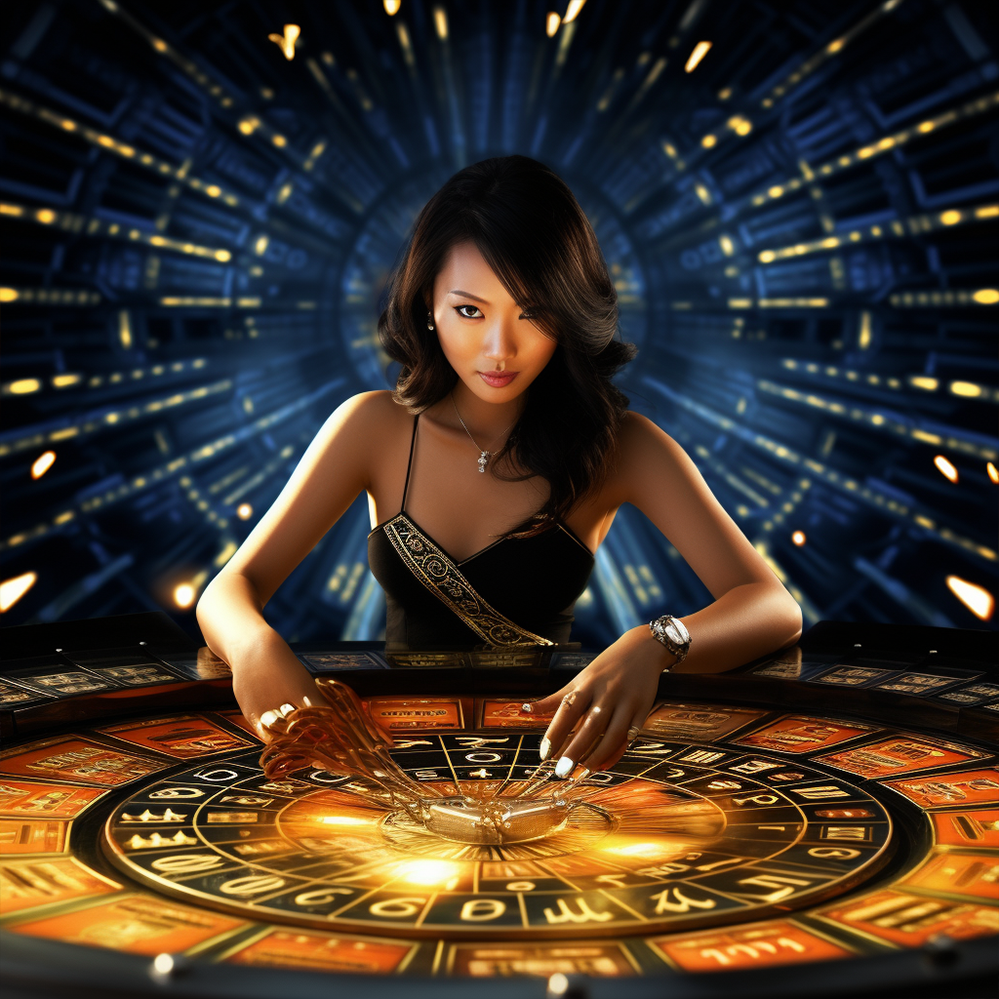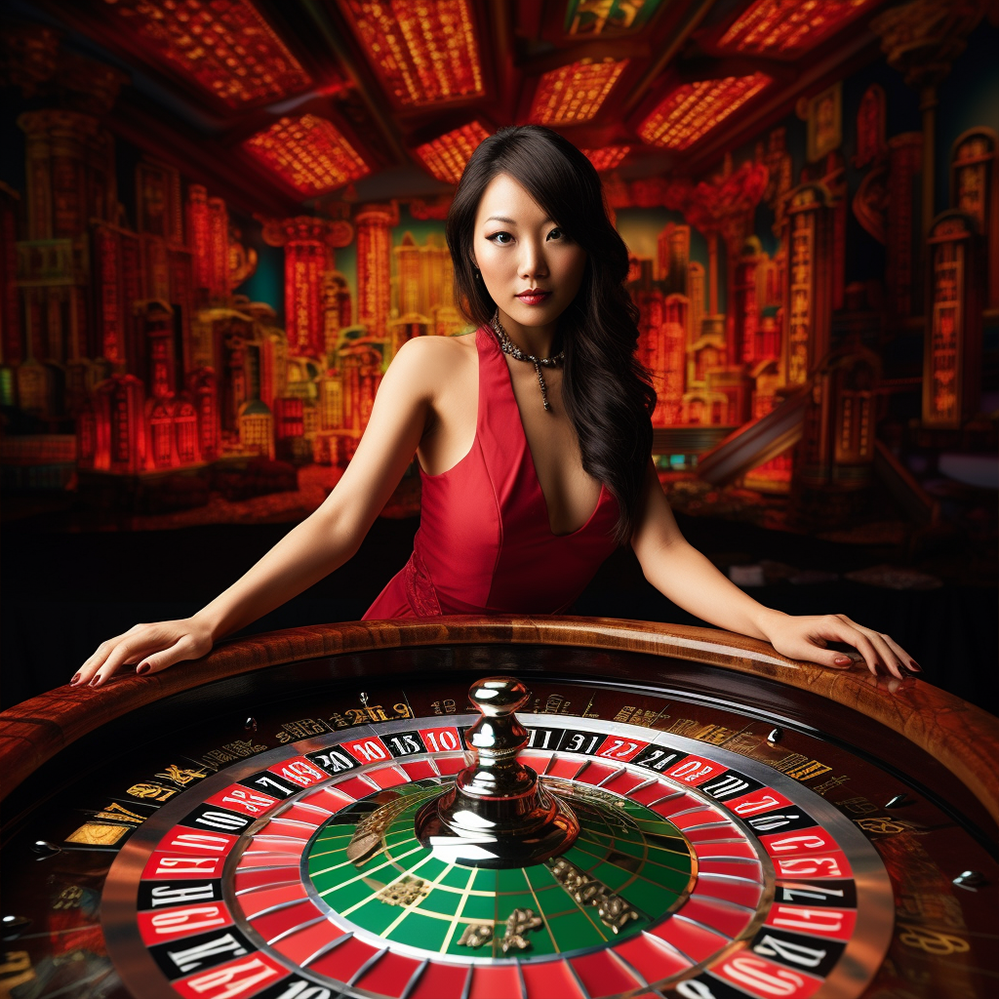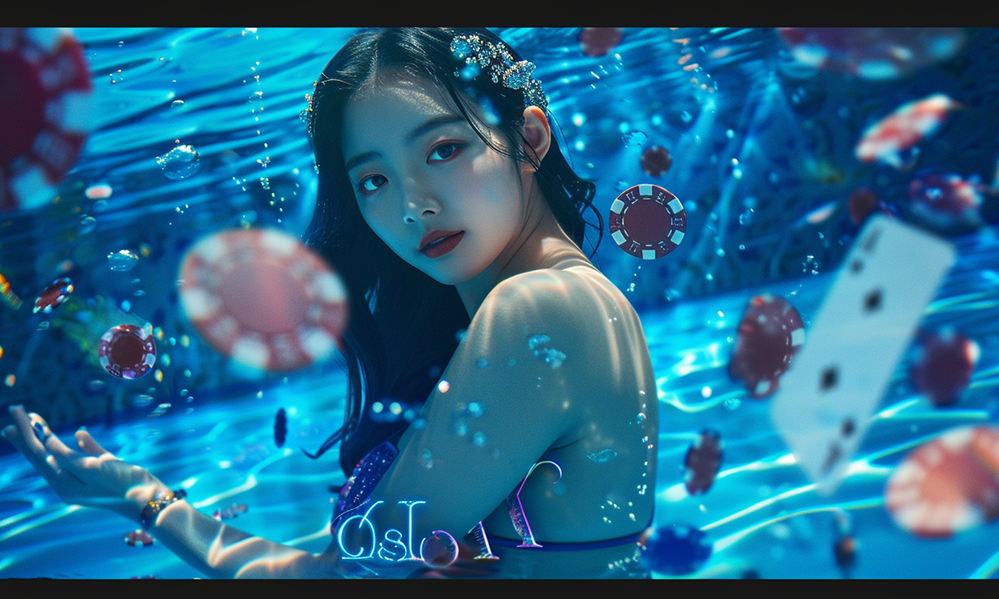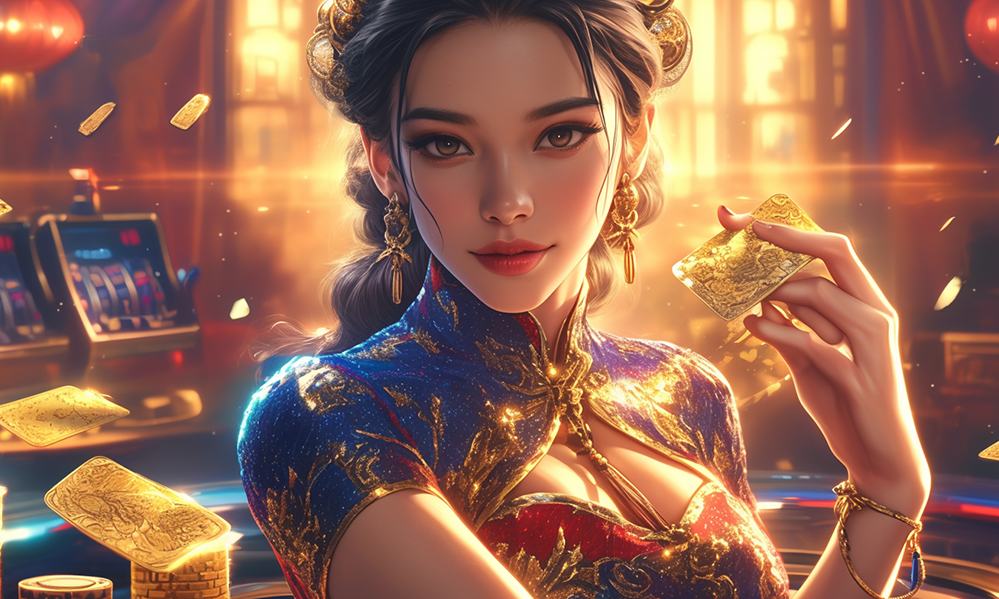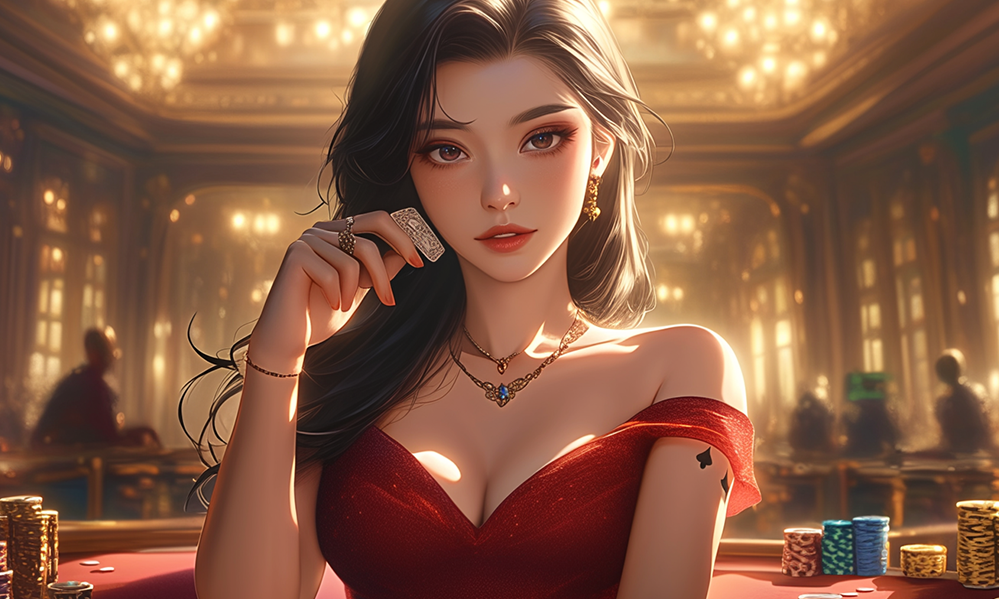
Words have the power to evoke emotion, create imagery, and encapsulate centuries of cultural heritage. The adjective "royal" is one such word, imbued with a timeless grandeur that speaks to far more than just its linguistic meaning. To fully appreciate its significance, we must explore the historical, cultural, and social dimensions that have elevated the word "royal" into an emblem of prestige and power in the English language.
A Glimpse into the Origin of "Royal"
The word "royal" is derived from the Old French term roial, which traces back to the Latin word regalis, meaning "of a king" or "regal." This historical foundation links the word directly to royalty—an institution that has long been a symbol of supreme power, authority, and governance. In English, the term was first used in the late 13th century, primarily to describe anything associated with a monarch or the monarchy.
Yet, the adjective "royal" has grown to encompass much more than just the physical or political presence of royalty. Over centuries, it has been imbued with layers of meaning, from the literal description of a king's possessions to a more figurative use representing greatness, importance, or something of the highest standard.
The Connotations of Grandeur and Authority
In modern usage, when we hear the word "royal," we instantly associate it with grandeur, splendor, and a sense of elevated status. From castles and coronations to the wealth and pageantry of royal families, the adjective stirs up an image of magnificence that few other words can match. But this association goes beyond the physical—it taps into an emotional response that connects to our ideas of tradition, legacy, and reverence.
To describe something as "royal" implies not only the presence of luxury or opulence but also the presence of authority. Consider phrases like "royal command" or "royal decree." These terms are not just about grandiosity but also about power—the ability to make decisions that affect many and to rule with unquestioned authority. Even outside of its literal use, when "royal" is used in everyday speech, it often carries this implicit weight of dominance and influence.
Royal as a Symbol of Perfection
Interestingly, the word "royal" has also come to symbolize a standard of perfection or excellence. We speak of "royal treatment" when we want to describe the best possible care or attention that someone can receive. In this context, "royal" transcends its connection to monarchs and becomes an aspirational term. It suggests that the subject—whether a service, experience, or object—has reached the highest possible quality.
This usage is prevalent in marketing and branding, where the word is employed to signify luxury, exclusivity, and the best of the best. From "royal dining" to "royal spas," businesses leverage the adjective's connotations to promise customers an experience that stands above the rest. By invoking the word "royal," these services align themselves with ideals of excellence and prestige, appealing to the consumer's desire for something extraordinary.
The Royal Family: Guardians of the Term’s Legacy
The British Royal Family, in particular, has played a significant role in shaping how the word "royal" is understood in contemporary society. With their storied history,Jilipay public visibility, 10jili and involvement in global affairs, FC 777 slot login they serve as living embodiments of the term. The cultural fascination with royalty is not merely about the people themselves but also about what they represent: a connection to a legacy that stretches back centuries, Abc Jili com download bound by tradition, Winph99 com m home login power, and continuity.
Through media, events, and ceremonies, the Royal Family reinforces the majesty of the term. Their presence adds weight to anything they endorse, which is why "royal" patronages and events hold such significance. Institutions and charities often use the word "royal" in their titles as a badge of honor and distinction, further spreading the connotation of greatness.
From Thrones to Everyday Language
While "royal" continues to be closely linked with actual royalty, its metaphorical use has exploded over time, particularly in everyday language. It has permeated various aspects of culture, from idiomatic expressions to casual speech, where it is used to signify something special or out of the ordinary. Phrases like "a royal mess" or "a royal pain" use the adjective ironically or humorously, amplifying the problem or inconvenience to almost comically grand proportions.
Even in sports, we often see teams and events adopt "royal" in their names to convey superiority and excellence, such as the "Kansas City Royals" in baseball or the "Royal Ascot" horse race. The word’s flexibility allows it to fit into diverse contexts while maintaining its aura of importance.
In the second part of our exploration into the adjective "royal," we will delve further into its cultural resonance and its ability to shape perceptions. Beyond its linguistic function, "royal" acts as a reflection of societal values, influencing everything from art to politics. As we dissect its deeper meanings, we uncover how the word "royal" continues to inspire and captivate people across the world.
777PNL login RegisterphcityRoyalty as a Cultural Phenomenon
Royalty has always held a unique place in the cultural consciousness, particularly in societies where monarchies have had a profound impact on national identity. This fascination with royalty extends far beyond the boundaries of the countries where kings and queens reign. Global audiences tune in to watch royal weddings, coronations, and state events, enchanted by the pomp and circumstance that accompanies these occasions.
The adjective "royal" embodies this cultural fascination. It offers a way to connect with the idea of royalty, even if only symbolically. By using the word, people tap into an entire world of elegance, dignity, and splendor. For instance, a "royal ball" or a "royal celebration" evokes images of lavish events attended by the elite, even if the event itself is far removed from actual royalty. The adjective gives people a taste of the extraordinary, allowing them to momentarily escape into a world of opulence and fantasy.
The Political Power of the Word
In addition to its cultural allure, the adjective "royal" also carries significant political weight. In many countries with constitutional monarchies, the concept of royalty is intertwined with governance and authority. Terms like "royal assent" or "royal prerogative" refer to formal powers held by a monarch, even if they are largely ceremonial in modern times.
This political aspect of the word "royal" adds a layer of seriousness and gravitas to its meaning. When something is described as "royal," it often carries the implication of legitimacy and official sanction. This is why titles, proclamations, or events that involve the monarchy are so carefully crafted and monitored—they carry the weight of the crown, a symbol of stability and continuity that commands respect.
Literary and Artistic Representations of "Royal"
Throughout history, the word "royal" has also played a prominent role in literature and art. Authors, poets, and artists have used the term to evoke images of majesty and nobility, often as a way to highlight themes of power, destiny, or virtue. Shakespeare, for example, frequently explored royal characters in his plays, using their roles to examine the complexities of leadership, morality, and human ambition.
In visual art, royal portraits and symbols are among the most iconic images in history. Think of the richly adorned crowns, scepters, and thrones that signify authority and command. These images have come to define how we think about royalty, and by extension, how we think about the word "royal" itself. Even outside the realm of actual monarchy, artists use the word to suggest a level of grandeur and prestige that transcends ordinary experience.
Modern-Day Usage and Trends
As the word "royal" continues to evolve, its use has adapted to modern trends and sensibilities. In the 21st century, where egalitarian ideals often challenge traditional power structures, the use of "royal" can sometimes carry a playful or even ironic tone. For instance, "royal treatment" in the context of a vacation package or luxury service can be seen as aspirational, while in other contexts, it might be employed humorously to exaggerate a situation.
In contemporary fashion and design, the word "royal" is often used to describe products that exude class and sophistication. Whether it’s a "royal blue" gown or a "royal" style chair, the adjective suggests something elegant and timeless. This reflects a shift in how we understand luxury—no longer the exclusive domain of kings and queens, but something accessible, or at least imaginable, for ordinary people seeking a touch of grandeur in their lives.
Conclusion: The Enduring Power of "Royal"
In conclusion, the adjective "royal" holds a unique place in the English language. Its deep historical roots, cultural significance, and modern-day usage make it a word that resonates far beyond its simple definition. To describe something as "royal" is to invoke a sense of greatness, dignity, and power—qualities that continue to captivate and inspire us today.
As the world changes and our understanding of royalty evolves, the word "royal" remains a powerful symbol of excellence and prestige. Whether used to describe a king’s crown, a five-star hotel, or an unforgettable experience
jili slot sabongwww.simpledir.com


